From 2baba’s No shaking to Davido’s E choke, the culture of slangs have been passed on from decades and with slight changes, have gotten better at creation, efficacy and influence. It is more amazing than appalling to see the much power Afropop artists yield over the pop culture language in Nigeria and how unbothered we are with the history of these words/phrases, in some cases. While some of these slangs are infused into artists’ songs, some are just ‘vibes’—Davido yelling “Tule jare” into his camera and Wizkid’s promotional slang for his single, Fever, “Everywhere stew” are instances of slangs birthed from cruise.
Over the years, slangs have become immortal and mixed with the fast-rising music scene; they have stood as marks for specific moments in general history and Nigerian music evolution. What do you think of when you hear “Kerewa”? You think of Zule Zoo and the sexual implication the slang stands for. Kerewa was the song title and it stood as the slang term. There also is the coinage of “Danfo drivers” by the onetime street-pop artists, Danfo Drivers; the slang emanated from their hit song to represent drivers of the popular yellow & black striped Lagos buses. While these could not entirely be passed as slangs, they stood representing an era and a somewhat street language that everyone could identify.
The rise of street lingos/slangs took a rising shot from 2010s. Rapper and singer, Olamide along with his croons in the street music took the culture to a whole different level. He might have given himself the nickname, Baddo, but the name was picked and turned to a popular slang to describe someone who’s extremely good at something, either bad or good. He released his song; Lagos Boys and another slang Sneh was taken up. It was more than a slang and more of a name title to depict a high classed person as the lyrics revealed, he called himself Baddo Sneh and just like that, we wanted to bear a piece of the name on our social media. Your first name plus sneh title was a crazy era, particularly on 2go.
These lingos are not just picked because they came from our favorite artist’s but because they are aesthetically pleasing to our ears. The slangs if broken down could pass across a message. 2018 was a surge period for slangs; Zlatan birthed the phrase Gbe body from his hit song with Burna Boy, Killing Dem and Gbese, from his Zanku music. He not only gave us these slangs but with his music, came dance moves. Like typical slangs that pass across a message, the phrases stuck to our mouths and we used it often to imply activeness and alertness of the body and mind. This was also the same with Idowest’s songs, Ji Masun and Shepeteri.
Some of these lingos though in existence took a new form when artists chose to use them in their songs, Ycee’s Jagaban subverted the real meaning of the word as he rephrased it with his song to mean anyone of much power and influence, it necessarily doesn’t have to be political. You’re not wrong to think of Burna Boy’s influence on the Odogwu term in the same vein.
Duncan Mighty in his comeback reign with his song, Aza, saw the birth of yet another popular slang, aza; the song title itself. The term is often used till date to substitute for bank details, in its clear form.
We see still the trend of this culture as the likes of Asake have given us Trabaye, which means to get high. Davido’s E Choke still has a stronghold on us, despite the many entrances of slangs into our language, the phrase is used mainly to state a situation of being in a tight corner or being extremely amazed at something. Another phrase by the artist rinsed and reused in 2021 and possibly into this year is Who dey breet.
In years to come, you’ll talk of these slangs and not only will you be reminded of these artists, you’ll be reminded of their songs, the trending times of the song and the events associated with it. Nigerian artists no doubt are more influence on us than we think.

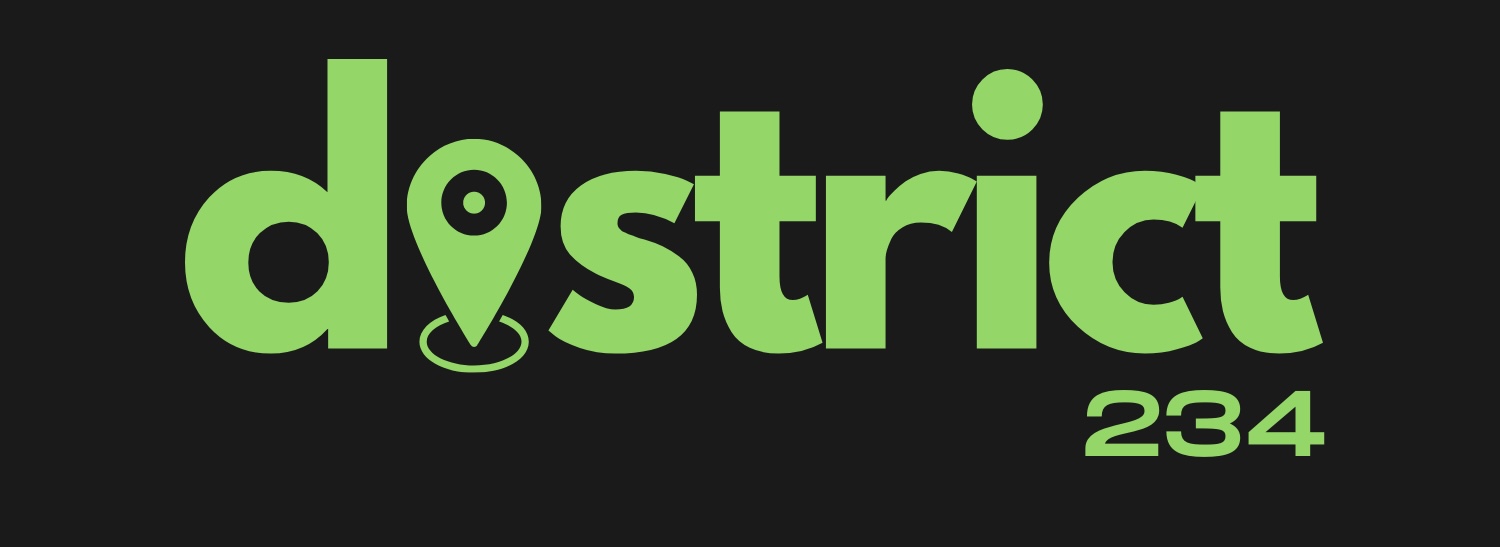
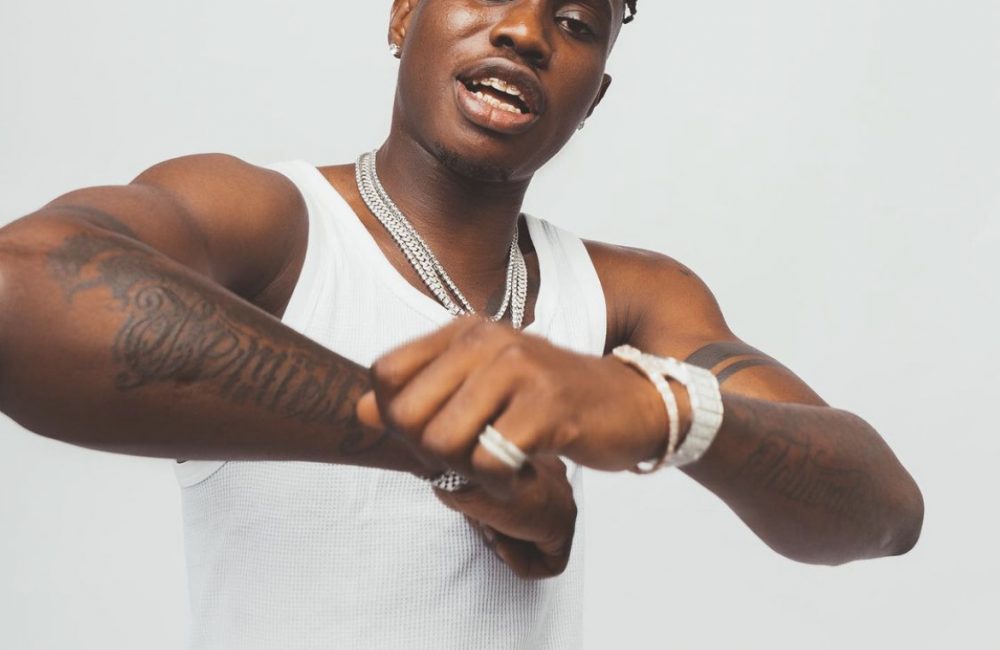
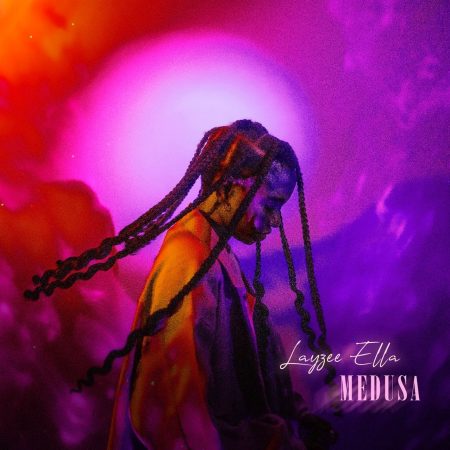
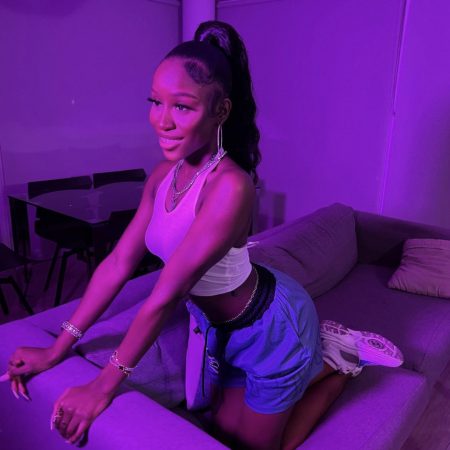
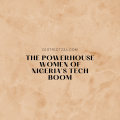

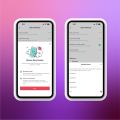
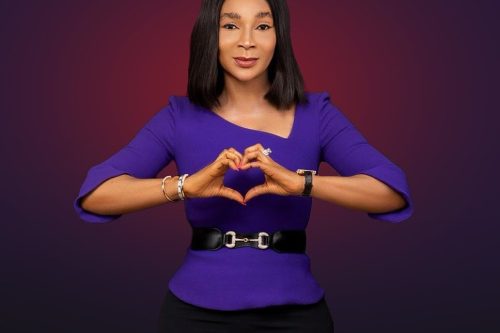
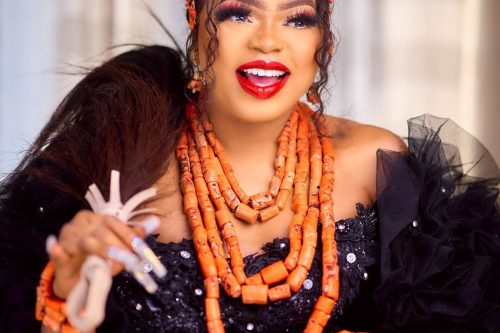
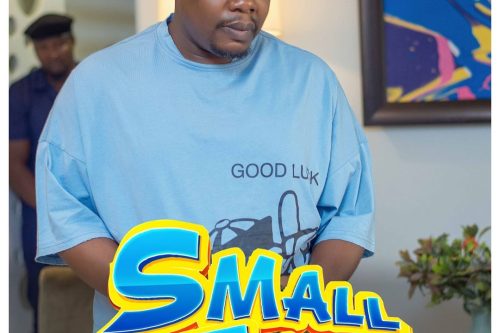
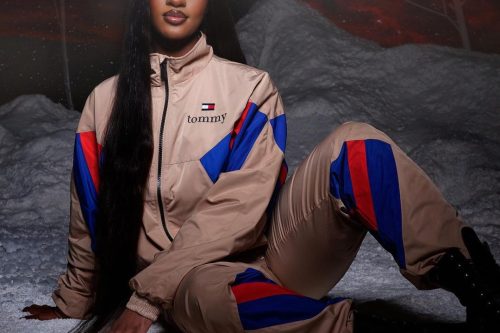
Leave a Reply